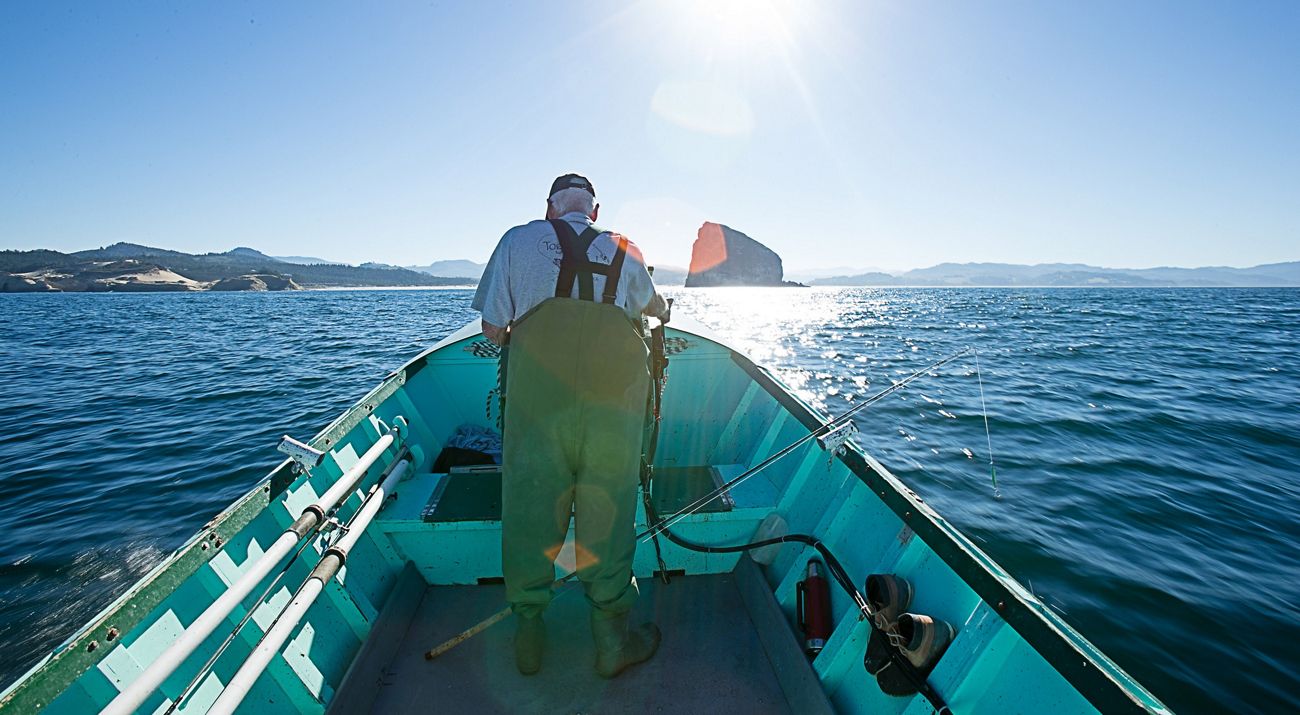
Climate Change Impacts in the Pacific Northwest
Here's what to expect from our changing climate if we don't take action now.
Climate change is a global challenge of unprecedented scale and it's impacts are already being felt in the Pacific Northwest. The recent National Climate Assessment (NCA), a comprehensive 1,656-page multi-agency report from the United States federal government, sheds some light on what we can expect in Oregon and neighboring states if we don't take immediate action to dramatically curb carbon emissions.
More Smoke
The past decade has seen unprecedented increases in both the size and frequency of wildfire. By 2050, the severe wildfires brought on by longer, hotter, drier summers are expected to raise unhealthy airborne particulate levels by 160%.
Less Snow
Warmer winters mean less snowpack, which is problematic even if you don’t ski. Snowpack in the Cascades provides drinking water for many communities, reduces water temperatures in rivers and lessens wildfire risk. Current projections show that by 2080, the Cascade Range will see an 80% reduction in April snowpack.
Quote: Catherine MacDonald
How quickly we act to reduce and offset greenhouse gas emissions will have profound effects on the health and prosperity of businesses, communities and ecosystems in Oregon and around the world. There is simply no time to waste.
Loss of Outdoor Recreation
Less snow in the winter and more smoke in the summer means getting outside to explore and enjoy nature will happen less frequently. That’s bad news for your favorite hobbies, but it also has real economic impact. The outdoor recreation economy generates $51 billion in consumer spending each year in the Pacific Northwest, creating some 451,000 jobs.
Reduced Fisheries
Ocean acidification and lessened river water quality and volume are already impacting many aquatic species. 16,000 miles of Oregon rivers and streams have degraded water quality due to warmer temperatures, resulting in the loss of hundreds of thousands of sockeye salmon in the Columbia and Snake river basins alone.
Greater Inequity
In many cases, climate impacts will be felt most by those who are already the most economically disadvantaged. Worsened air quality means those whose workdays are spent outdoors will face greater health risks and healthcare costs. Additionally, research shows that socioeconomic factors are linked to a community’s ability to adapt to hazards such as wildfire.
The Time to Act Is Now
Add your voice and take a small step that will make a big difference in the fight against climate change.